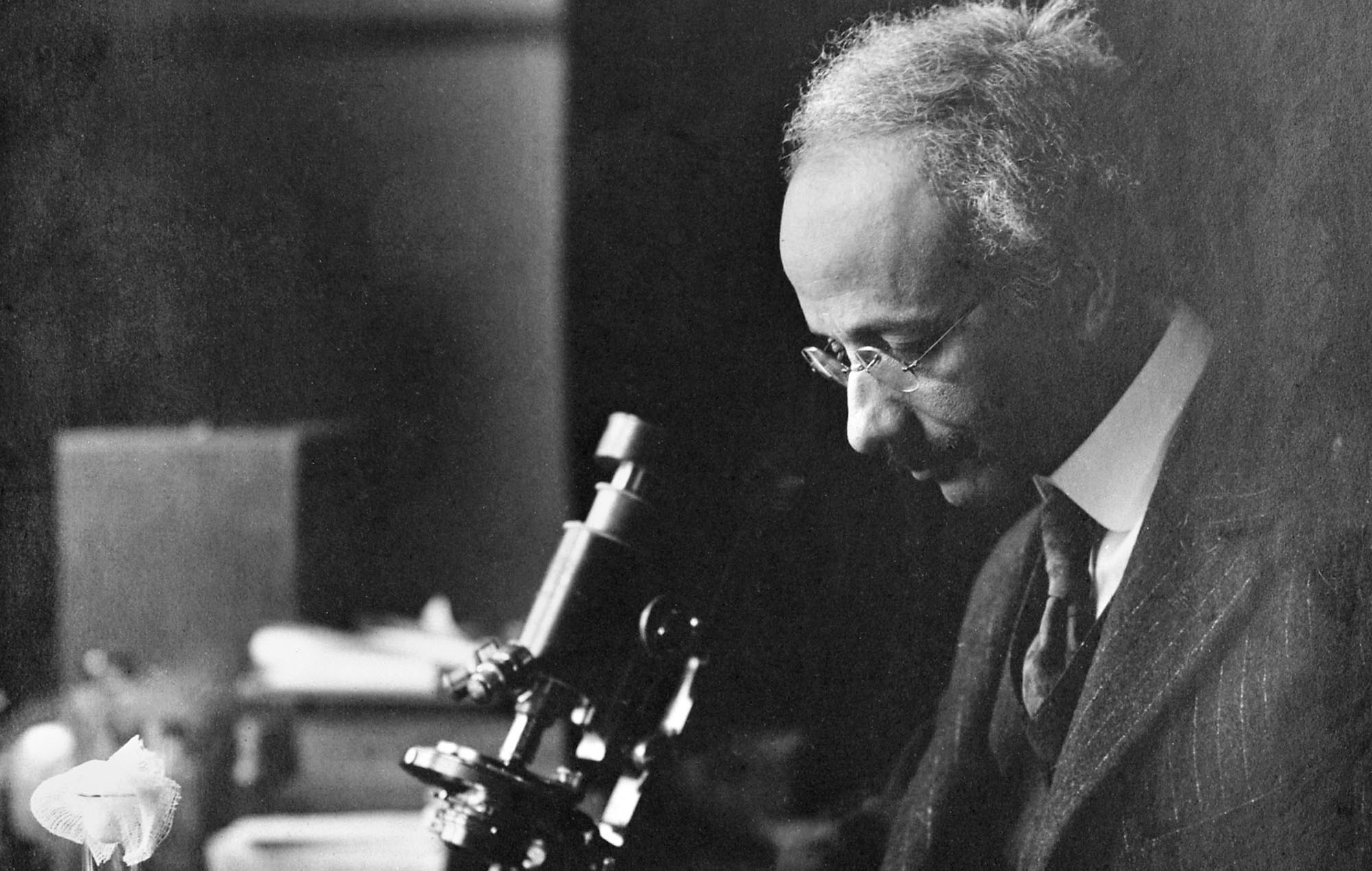
Black History Month brings a welcome opportunity for all of us to focus on the achievements and contributions made by Black Americans. And there are many, which cover virtually every area of American life. That includes science and the study of the brain.
Dementia, which we know is a general classification covering several brain diseases that impact memory and physical health and present themselves in different forms. Alzheimer’s disease is the most common form of dementia. It was named after the doctor who discovered the disease, Dr. Alois Alzheimer.
What many people don’t know, however, is that Dr. Alzheimer did not work alone. He assembled a group of the world’s most talented scientists on his journey to discover the cause of this complex, terminal brain disease.
One of the scientists Dr. Alzheimer selected for his team was Dr. Solomon Carter Fuller, a Black African American psychiatrist who had published some of the earliest study findings on dementia.
The Alzheimer’s Association has written in depth about the work of Dr. Fuller. Here are some interesting facts about him:
Dr. Fuller went on to publish what is acknowledged to be the first comprehensive review of Alzheimer’s disease. He has left behind a legacy and a pathway for other Black scientists to follow.
Black History Month helps bring focus on the journeys of Black innovators and visionaries, like Dr. Solomon Carter Fuller. Their talents, perseverance, hard work, and significant achievements continue to serve as a beacon of hope and encouragement for future generations of Black scientists.
(Our header image of Dr. Solomon Carter Fuller was taken from an article on the website of Boston University, which you can access here.)